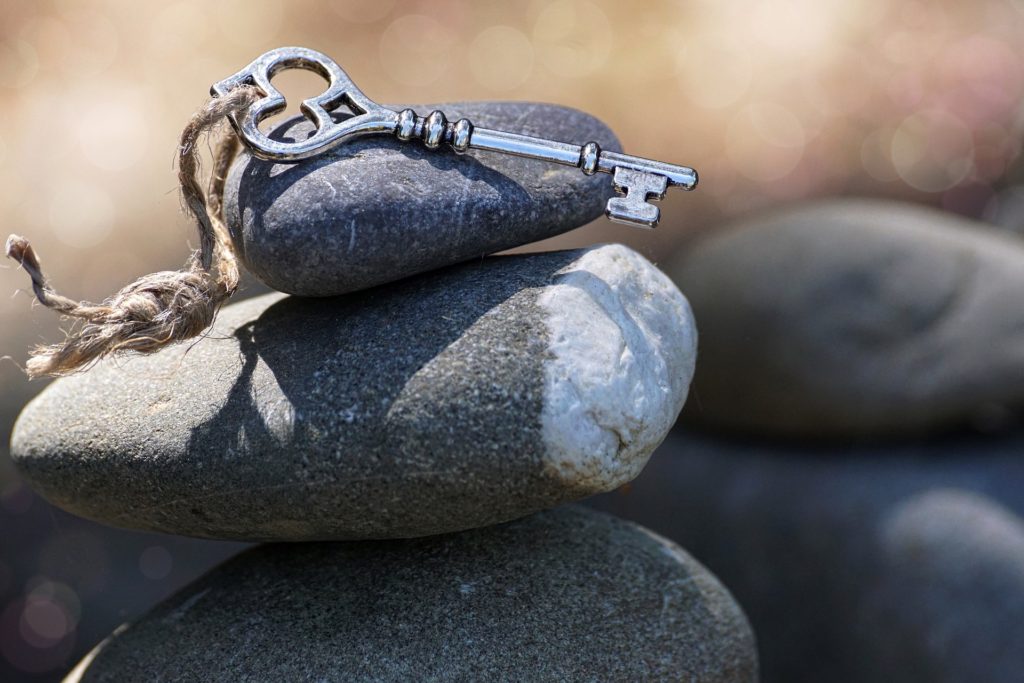Personal experiments is a concept, I discovered, that could help us all to find our own truths. But first, a little background.
In the process of getting the coaching certification, we are told that we should not give explicit advice. The whole idea behind this belief, I think, comes from the fact that each individual is so unique and so exclusive that no ‘other’ person can tell them what they should do.
Additionally, those who give advice obviously have an innate belief that ‘they know’. I have been very guilty of this aspect. Irrespective of whether I actually gave the advice or not, I inevitably felt that I knew the answer to the problem. My solution-oriented brain always sprung up a quick fix or an action point as soon as a problem statement was put in front of me.
Whether you consciously acknowledge it or not, if you have a habit of giving advice to other people, then you believe that you know the answer to their issues. Why else would you give that advice?
This may come as a shocker to a lot of people. Most of us believe that we give advice to help people, and I am sure that the intentions are all very good. Coaching has taught me otherwise.
My ‘Aha’ Moment
Initially, in my coaching career, I struggled with this aspect of the coaching rules. Giving advice was so easy and simple, especially because I believed that I could see the problem from an objective and third-party perspective. Additionally, most of the impatient clients just wanted me to tell them What I thought they should do. The invitation was too hard at times.
However, I realized that the follow through of such sessions was not so great. So, I tried to go by the book and not give advice, even when the client asked for it vehemently. It was during this time (and thankfully very early in my coaching practice), that I realized something amazing.
In one such session where I was making sure I did not give advice, a solution popped up in my head with regards to the client. I held back and did not say anything but asked relevant questions to the client, egging him on to discover his own truth. Interestingly, he did come up with his own truth and followed it up with his own solution, which was very different from what I had thought of (and held back from mentioning). The follow through of that action plan was much better too!
Moral of the story: Everyone is so unique that you (read anyone) do not have it in you to ‘advice’ another (irrespective of how learned you are in that area). You can support, assist, motivate, and sometimes suggest based on analogies!
Finding What Works for You

Now we are clear that there is no ultimate advice, no universal strategy, and no eternal truth that governs us all. That means that we have to do the work and figure out our own personal truth. This does put the onus of the heavy-lifting in our hands. There is no knight in shining armor that can save you. No mentor who can tell you exactly what to do. No trainer who can create a perfect exercise routine and no nutritionist that can hand an impeccable diet chart. You have to figure it out on your own!
On amazing way to figure out what works for you is to conduct personal experiments. You can do this for anything and everything that you want to figure out. It helps to do personal experiments because you can then remove the effect of biases, positive or negative thought process, and other’s influences too. You will finally be able to listen to your own self!
I do tiny experiments all the time. What am I trying these days?
- Will intermittent fasting help me feel healthier?
- Will I be more energetic in the evening if I go for a casual walk around the block?
- Will I be able to talk less if I put a reminder on my pin-up board?
Personal Experiments – The How
There are a lot of things that you can try out. All you need is the following and let us take this as an example: Will I be able to talk less and listen more if I put a reminder on my pin-up board?
- Hypothesis – The points mentioned above are hypotheses. These are your guesses about what could be good or bad for you.
- Starting point measure – A measure of the starting point for the thing you want to change. So, if I am trying to talk less then I need to have some measure of that. It could be actual hours that I speak, the number of words I speak, or my spouse’s opinion about whether I have started speaking less. In some cases, the measuring variable can be a personal scale (like how happy you are feeling on a scale of 1 to 10). Since these are not laboratory experiments, you can get creative about the measurement but make sure you have something in mind before you start.
- Action plan – This is what you will change in the coming days or weeks to be able to decipher whether it makes a difference in the direction you expect. Putting the reminder on the board is the action.
- Time frame: When deciding to do the experiment, decide how long you will continue to try it. Some changes take more time than others!
- End–point measure – This is a measure of the same thing (how much I talk) after the test period. It will help validate whether or not your hypothesis was correct.
Since these are all casual personal experiments, you can try out more than 2-3 at the same time. Just make sure that there are no overlaps. For example, if I try out a no-carb diet along with the intermittent fasting, I may not be able to conclusively tell, which of the two different actions worked in making me feel healthier.
Some Personal Experiments for You to Try
Penning down a few hypotheses for you so that you can try some if you so like:
- Will you feel less stressed if you assign ‘no screen’ time periods in a day?
- Will you sleep better if you shut off the phone an hour before bedtime?
- Will you get more ideas if you listen to a work-related podcast on the way to work?
- Will creating a study corner or room in the house increase your efficiency?
- Will you be able to read more if you actually schedule it in your calendar?
- Will you feel happier if you walk for at least 45 minutes every morning?
- Will you feel more confident if you dressed up every day?
- Will you feel joyous if you committed to supporting a charity group with your time each week?
- Will you lose weight if you get on a no-carb diet?
- Will you write better if you did that in the morning?
- Will you become more efficient if you worked late in the night (or early in the morning)?
- Will you feel more connected if you pushed yourself to have coffee/lunch with a friend at least once a week?
The list, as you see, can be endless. I hope that I have jogged your mind enough for you to think of some interesting personal experiments that you can take on for yourself. Happy experimenting!
If you would like some help figuring out your own personal solutions via coaching, contact me, and let’s try and see how I can help you figure out your own truth and your own solutions!


Recent Comments